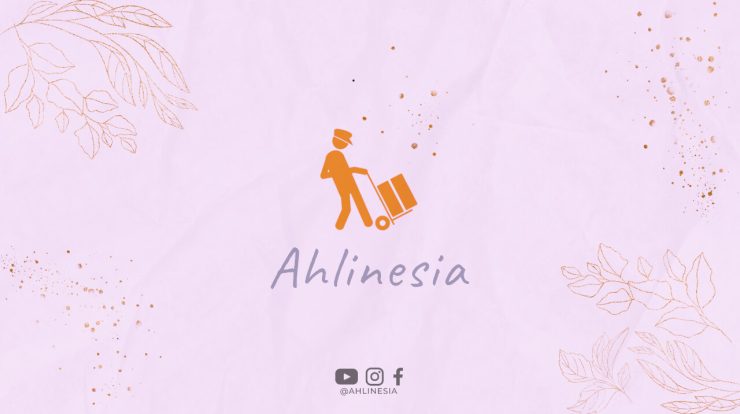
Studying abroad is an exciting adventure that offers numerous opportunities for personal and academic growth. Australia, with its world-class universities and stunning landscapes, has become a popular destination for international students. However, one of the biggest concerns for students planning to study in Australia is how much money they should bring with them. In this article, we will explore various factors that can help you determine the ideal amount to bring for your studies Down Under.
1. Tuition Fees
The first and most significant expense you need to consider is the tuition fees. These fees can vary depending on the university and the course you choose. It is essential to research the tuition fees for your specific program and factor them into your budget. Make sure to include any additional costs, such as materials, equipment, or laboratory fees, if applicable.
2. Living Expenses
Living expenses in Australia can be quite high compared to other countries. It is crucial to estimate your monthly living costs, including accommodation, food, transportation, and utilities. Consider whether you will live on-campus, off-campus, or with a host family, as each option has different associated costs.
3. Accommodation
The cost of accommodation can vary significantly depending on the city and the type of housing you choose. On-campus accommodation is usually more affordable and convenient, but it may have limited availability. Off-campus options like shared apartments or rental houses can provide more independence but may require additional expenses for utilities and furniture.
4. Health Insurance
International students in Australia are required to have health insurance. Overseas Student Health Cover (OSHC) helps cover medical expenses, including doctor’s visits, hospitalization, and prescription medications. Research different insurance providers and choose a plan that suits your needs and budget.
5. Student Visa Expenses
Applying for a student visa in Australia comes with certain costs. Make sure to include visa application fees, health examinations, and any additional charges related to the visa process in your budget. Remember to check the latest visa requirements and fees on the official Australian Government website.
6. Travel Expenses
Don’t forget to allocate funds for your travel expenses, including flights, airport transfers, and any necessary visas or transit fees. Consider the time of year you plan to travel, as prices can vary significantly during peak seasons.
7. Course Materials
Depending on your field of study, you may need to purchase textbooks, stationery, or specific equipment. Research the estimated cost of course materials and include them in your budget to ensure you are adequately prepared.
8. Personal Expenses
It’s essential to budget for personal expenses such as clothing, toiletries, entertainment, and other miscellaneous items. Consider your lifestyle and habits to estimate these costs accurately.
9. Part-Time Work Opportunities
Many international students in Australia take up part-time jobs to supplement their finances. While it is not advisable to rely solely on income from part-time work, it can help cover some of your additional expenses. Research the job market and opportunities available for international students, keeping in mind any restrictions on working hours and visa regulations.
10. Currency Exchange Rates
Fluctuating exchange rates can have a significant impact on your budget. Monitor exchange rates and consider exchanging your money when rates are favorable. Keep in mind that banks and currency exchange services may charge fees, so factor these into your calculations.
Conclusion
Studying abroad in Australia can be a life-changing experience, but it’s essential to plan your finances carefully. Consider all the factors mentioned above and create a budget that covers your tuition fees, living expenses, accommodation, insurance, visa costs, travel expenses, course materials, personal expenses, and potential part-time work. By estimating your expenses accurately, you can ensure a smooth and financially secure journey as you embark on your educational adventure in Australia.






